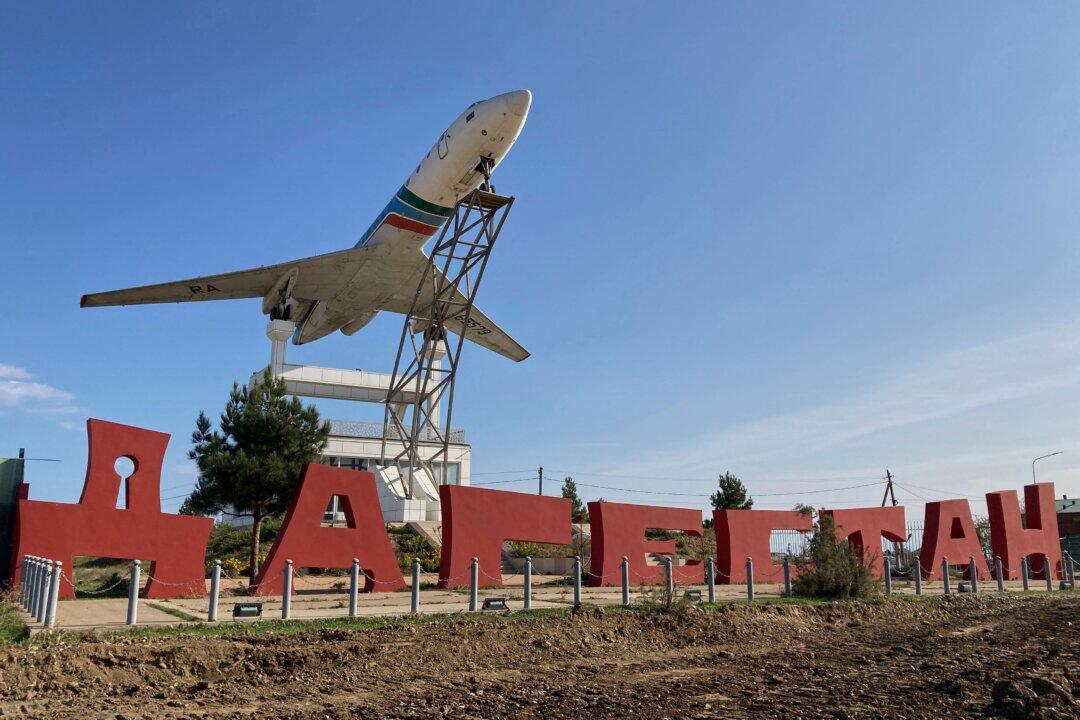Commentary
The sight of an anti-Semitic mob rampaging through Makhachkala airport in the Russian republic of Dagestan in search of Jews to kill or maim was, to me, a powerful reminder that material and moral improvement are by no means the same.

The sight of an anti-Semitic mob rampaging through Makhachkala airport in the Russian republic of Dagestan in search of Jews to kill or maim was, to me, a powerful reminder that material and moral improvement are by no means the same.